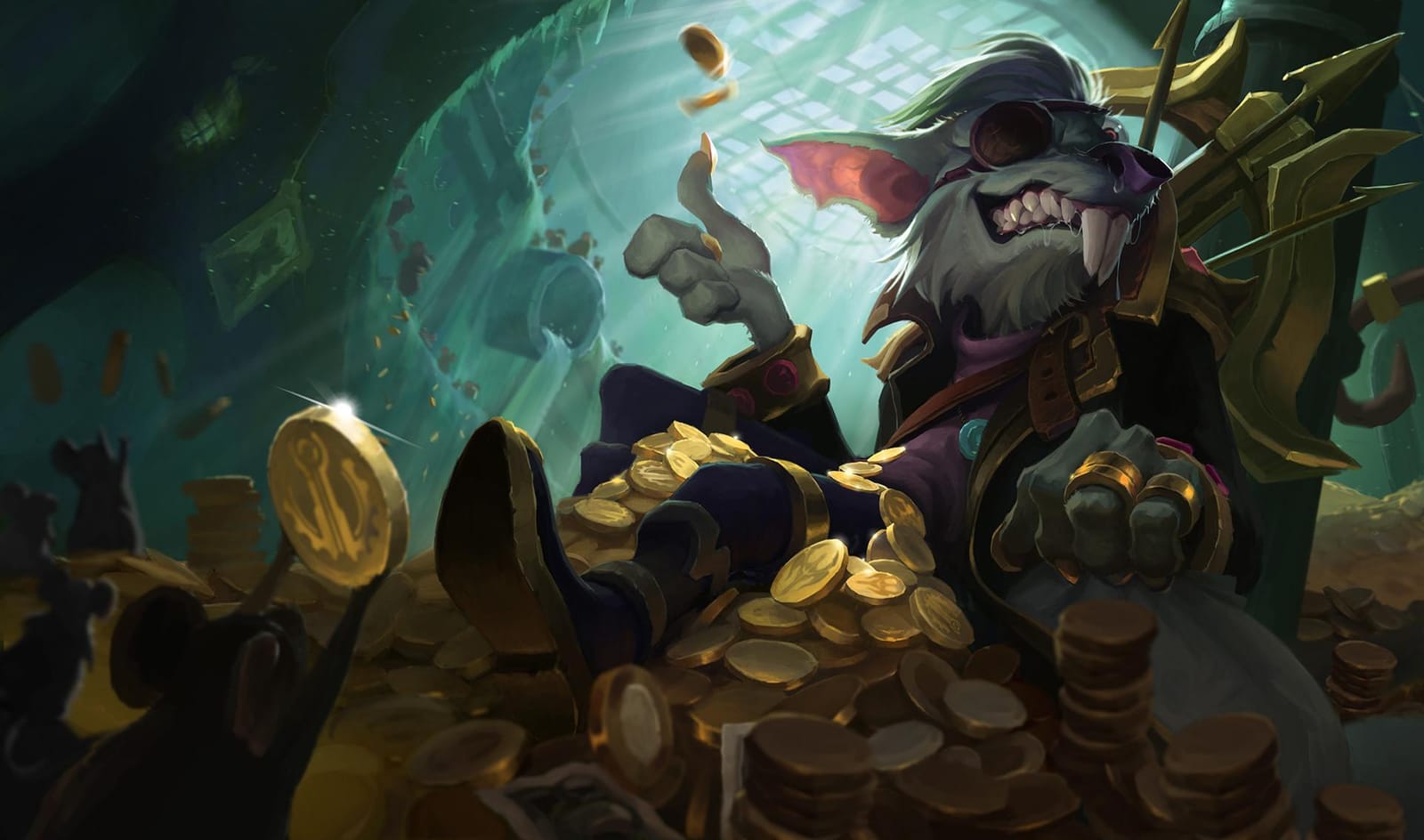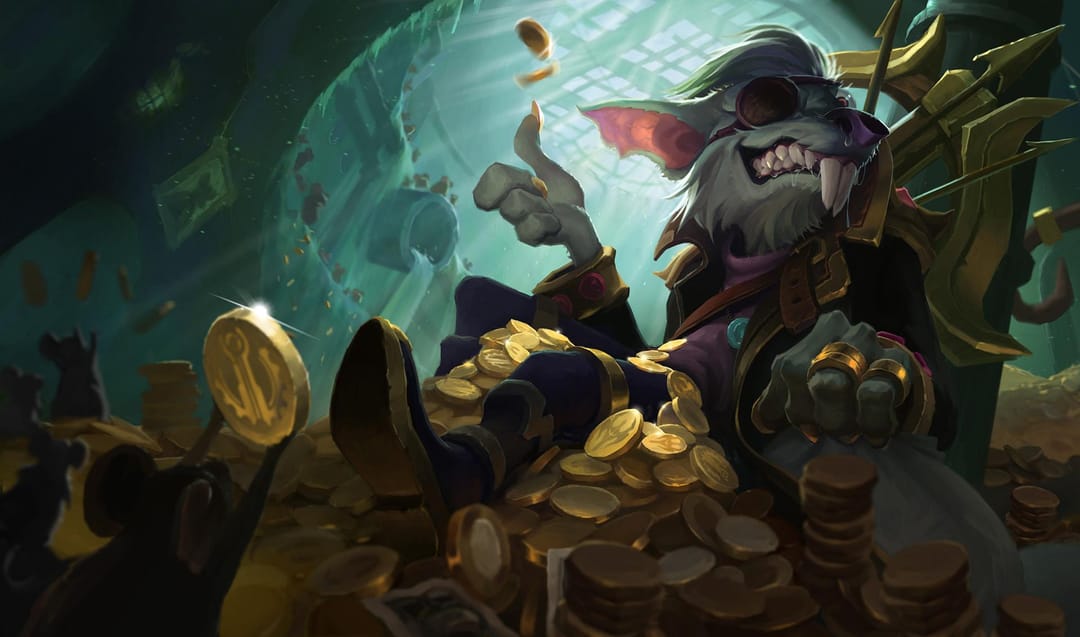


Dive into esports, and you'll find a bustling world where every role, from the players to the analysts, is crucial. Among these, the League of Legends (LoL) coach stands out. Like traditional sports, coaches in LoL play a vital part in ensuring players perform at their best. For many, these coaches are worth every penny and are considered to be the backbone of every successful player or team, guiding them towards victories. But with such a vital role, how much do these coaches earn? This article will uncover the ins and outs of how LoL coaches make a living and the factors that shape their paycheck.
Long before League of Legends took the esports stage by storm, the concept of coaching career in competitive gaming was nebulous. In the early days of esports, coaching jobs were often mere team managers or analysts without a clearly defined role. However, as the stakes grew and competitions became more intense, the need for becoming a dedicated League of Legends coach became evident. Today, the coaching profession in LoL is both respected and sought after. With that prestige comes a deserving compensation, a stark contrast to the voluntary or low-paid roles from the game's inception.
Just like any profession, experience counts. A coach with a rich history of leading teams to victories, particularly in major tournaments, will naturally command a higher salary. Their past successes, coupled with the expertise they bring, make them invaluable assets to teams aiming for the championship title.
The better an esports team or individual player performs under a coach, the higher the coach's stock rises. Successful outcomes, be it in regional skirmishes or international showdowns, can significantly bolster a coach's paycheck.
Not all regions value coaches equally. For instance, coaches in areas with a storied history in esports, like South Korea, may earn more than their counterparts in emerging markets simply because of the premium placed on esports in such locations.
Beyond general game strategy, coaches who offer niche expertise, such as psychological mentoring or detailed game analytics, can demand higher compensation. Their ability to cater to specific needs makes them stand out as assets to ambitious teams.
In the world of esports, personal branding is vital. A skilled and marketable coach can leverage their brand for better contracts. Coupled with solid negotiation skills, such coaches can maximize their earnings potential.
According to indeed.com, the average hourly income of League of Legends coaches ranges between $16 to $20, whereas esports coaches earn an average of $18.7/hour as of 2023. Navigating the financial landscape of LoL coaching can be complex due to the myriad of factors involved. However, for a clearer picture:
Those just stepping into the world of professional LoL coaching, transitioning from a player role or coming from a less popular game, can expect earnings starting around $20,000 to $40,000 annually. That reflects the initial phase of building experience and networking.
At the other end of the spectrum, elite coaches who have made their mark in major tournaments can earn upwards of $200,000 annually. Some, especially those associated with top-ranking teams in premier leagues, might even touch the half-million mark, especially when considering bonuses and additional benefits.
The potential for earnings growth is vast in the fast-paced and ever-evolving world of esports. For LoL coaches, utilizing coaching tools and taking several actionable steps can lead to more significant income and a stronger industry foothold:
In an age of digital omnipresence, personal branding goes beyond having a social media profile. Hosting webinars, creating insightful content about game strategies, or even doing live-streamed coaching sessions can give a coach more visibility. By establishing themselves as authority figures, coaches can attract premium teams willing to pay top dollar for their expertise.
Coaches can consider investing in courses or certifications that boost their coaching repertoire. Specialized training can be a game-changer, whether it's about mastering the psychological aspects of player management or becoming proficient in the latest game analytics tools.
Penning articles or collaborating on research about LoL tactics, strategies, and meta can be beneficial. These publications showcase a coach's depth of knowledge and their commitment to advancing the game's understanding. Additionally, this written content can be monetized directly or used as leverage during negotiations.
Attending esports conferences, seminars, or workshops and taking the stage as a speaker can cement a coach's position as an industry thought leader. Such engagements often come with their own set of perks, including stipends, networking opportunities, and, sometimes, direct job offers.
While team contracts are a primary income source, coaches can explore other avenues. These include personal coaching sessions, creating paid content like courses or guides, or even consulting for game developers.
Freelance LoL coaching is a burgeoning sector in the esports world. With the flexibility and potential for direct player interaction, many coaches choose the freelance route. Here's a dive into their earnings spectrum:
Freelance coaches who've built a reputation or have a significant networking circle can work exclusively with private clients who want to climb up the rank. These coaches often have the advantage of setting hourly rates, ranging from $10 to $100+, depending on their expertise and demand.
Various websites allow coaches to connect with esports players looking to improve their game to the next level. Sites like WeCoach for League of Legends and GamerSensei have become popular hubs for coaching. Earnings on these platforms can be more structured, with rates typically starting at $10 per hour for less experienced coaches and going up to $50 or more for highly rated ones. These platforms help bring LoL coaching out of the limited accessibility to pro or semi-pro players. Gamers of all levels who are serious about gameplay improvement can easily get tailored coaching services.
With the rise of the gig economy, general freelance platforms like Fiverr have seen LoL coaches offering their services. These platforms allow for a wide range of pricing, with some coaches offering packages or tiered services. However, as the general websites have a lower entry point and are not niche-specific, they may not meet the expectations of niche clientele willing to pay premium prices for targeted training.
As we wrap up, it's evident that the journey of a LoL coach is filled with opportunities and challenges. If you're considering this career path or are merely curious, remember that the industry's dynamism requires constant adaptation. With passion and persistence, one can achieve coaching mastery and garner the earnings that come with being at the top of the game.

Charlene is an esports journalist and content writer covering competitive League of Legends, Valorant, and more.
View all articles